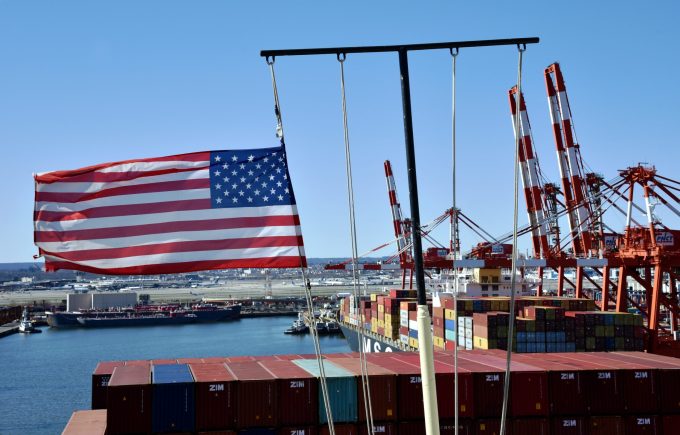CMA CGM could build medium-size vessels in US, says Saade
CMA CGM is looking into the possibility of building mid-size vessels in the US, the ...

The Jones Act, established to protect US shipping, continues to impede some logistics activities, prompting more calls for change. They seem unlikely to make much headway, however, as Washington’s mounting desire to ring-fence strategic industries is reinforcing support for the regulations.
Last year, Danish energy giant Orsted Wind cancelled its planned Ocean Wind 1 and 2 projects that were supposed to deliver 1,100 MW and 1,148 MW respectively to New Jersey. In its official notice of 31 October, management cited high ...
Volcanic disruption at Anchorage could hit transpacific airfreight operations
Macron calls for ‘suspension’ – CMA CGM's $20bn US investment in doubt
Forwarders stay cool as US 'liberation day' tariffs threaten 'global trade war'
Shippers snap up airfreight capacity to US ahead of tariff deadline
De minimis exemption on shipments from China to the US will end in May
Tighter EU import requirements proving 'a challenge' for forwarders
Looming Trump tariffs will create 'a bureaucratic monster' for Customs

Comment on this article